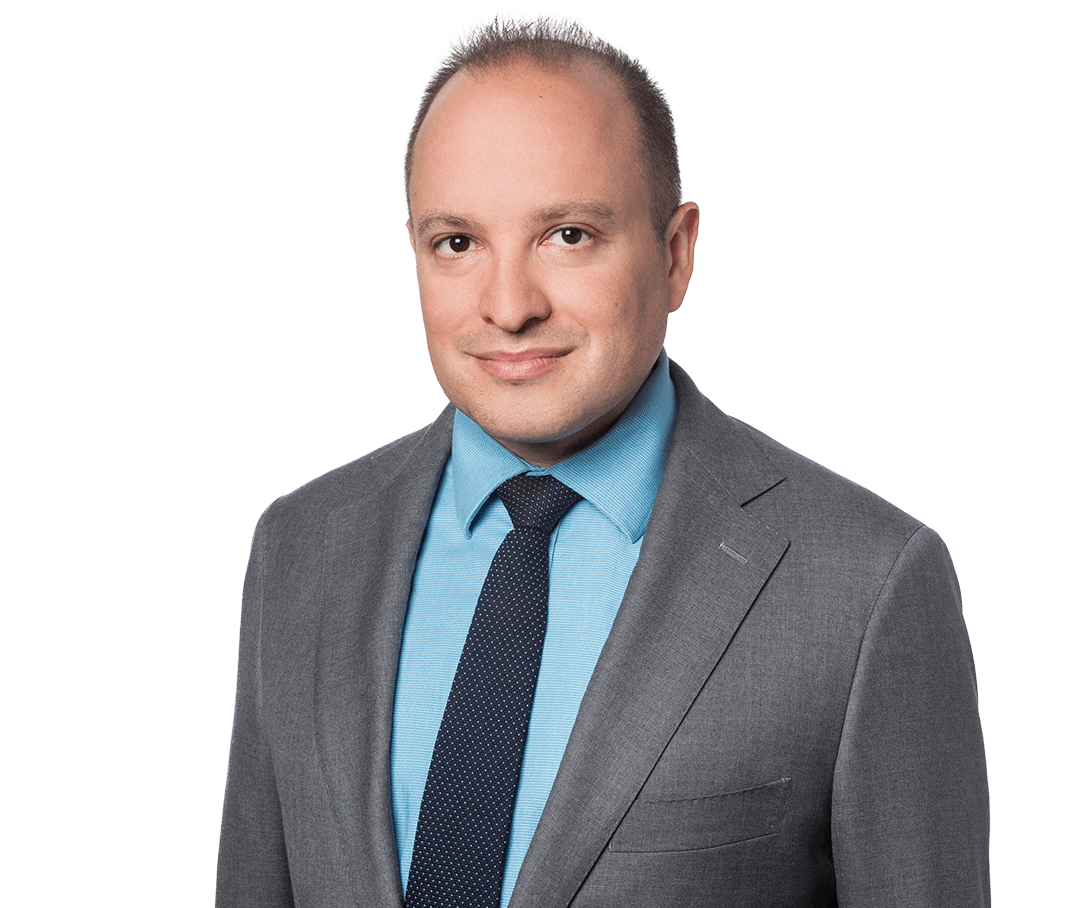Federal District Judges May Recall Discharged Civil Jury To Correct Errors, Supreme Court Holds
June 9, 2016 | By: Lawrence Bluestone, Esq.
Eschewing an old common-law rule for practicality, the U.S. Supreme Court held today in Dietz v. Bouldin, No. 15-458, that federal district judges may recall a civil jury it has discharged to correct errors in certain circumstances. In the case, an automobile accident trial in the federal district court in Montana, the jury was tasked with determining if the plaintiff was entitled to additional damages over the $10,136 in medical expenses the parties stipulated were reasonable. The jury returned a verdict for $0 and the district judge discharged the jurors before realizing that the verdict was “legally impossible” because of the parties’ stipulation. At common law, when jurors were always formally sequestered, once a court discharged the jury, its only option to correct an error was to call for a new trial.
This bright-line rule should give way to modern trial practice, the Supreme Court held in a 5-2 decision. Writing for the Court, Justice Sotomayor noted that district judges have the inherent authority to control the proceedings before them, including the analogous ability to amend interlocutory orders at any time before final judgment. Although judges should exercise their inherent authority cautiously, the recall of a discharged jury may be appropriate if the court is confident that the jurors were not “tainted” by outside influences. Federal district judges should look to factors such as the length of time between discharge and recall, whether the jurors spoke to anyone about the verdict in person or on their smart phones, and the reaction to the verdict in the courtroom—a gasp or sob in the gallery might cause the jurors to question their decision and affect the jurors’ impartiality. Finally, the majority limited its holding to civil juries. The Court left the issue of whether the rule should extend to criminal juries for a different day because criminal jury practice raises different issues, such as whether double jeopardy would attach.
With respect to Dietz, the Court affirmed the district court’s decision to recall the discharged jury because the jurors had only left the courtroom minutes before and only one had left the building (to retrieve a hotel receipt). When questioned, the jurors indicated that they had not spoken to anyone about the case.
“All judges make mistakes. (Even us.),” Justice Sotomayor quipped. Although district judges must exercise their authority cautiously, they should retain the ability to correct a civil jury verdict error even if the jury has already been discharged.
For more information regarding Dietz v. Bouldin, No. 15-458, or jury practice please contact Kathleen Barnett Einhorn, Esq., Director of the firm’s Complex Commercial Litigation Group at keinhorn@genovaburns.com, or Jennifer Borek, Esq., a Partner in the Complex Commercial Litigation Group at jborek@genovaburns.com.
Tags: Litigation • Appeals • Jury trial • U.S. Supreme Court • jury sequestration • Justice Sotomayor • common law • recall of discharged jury

